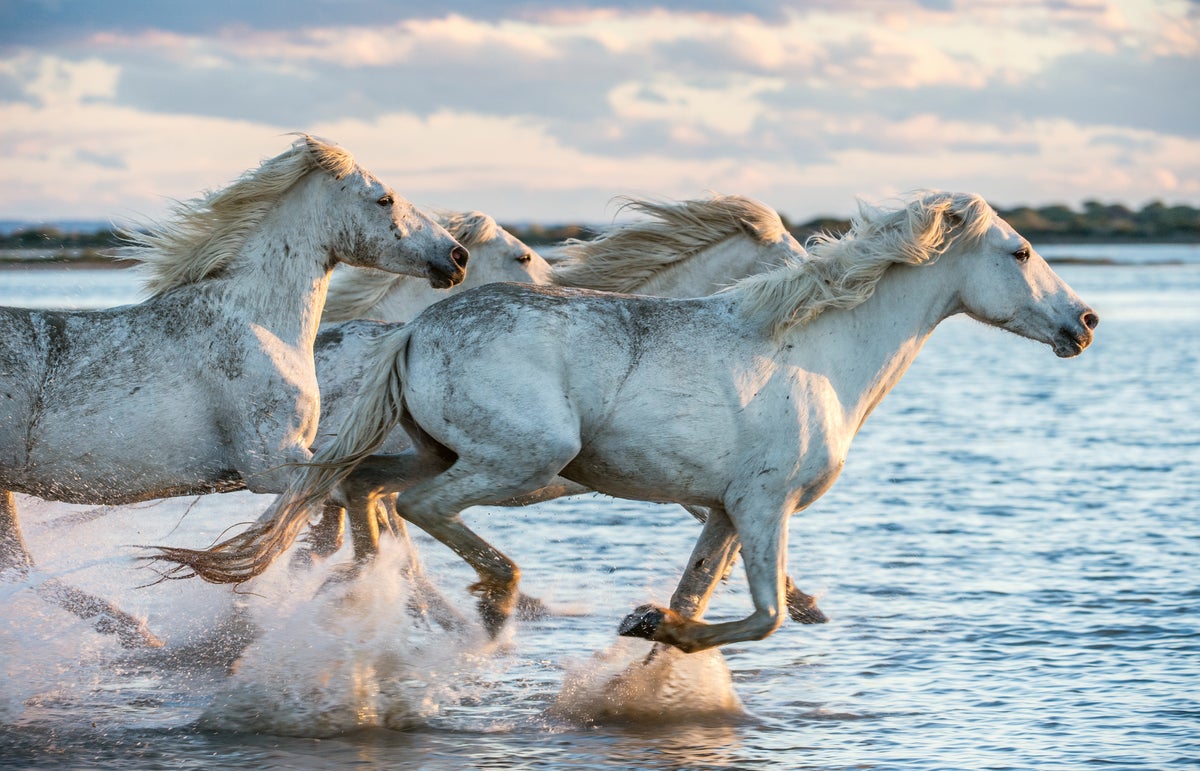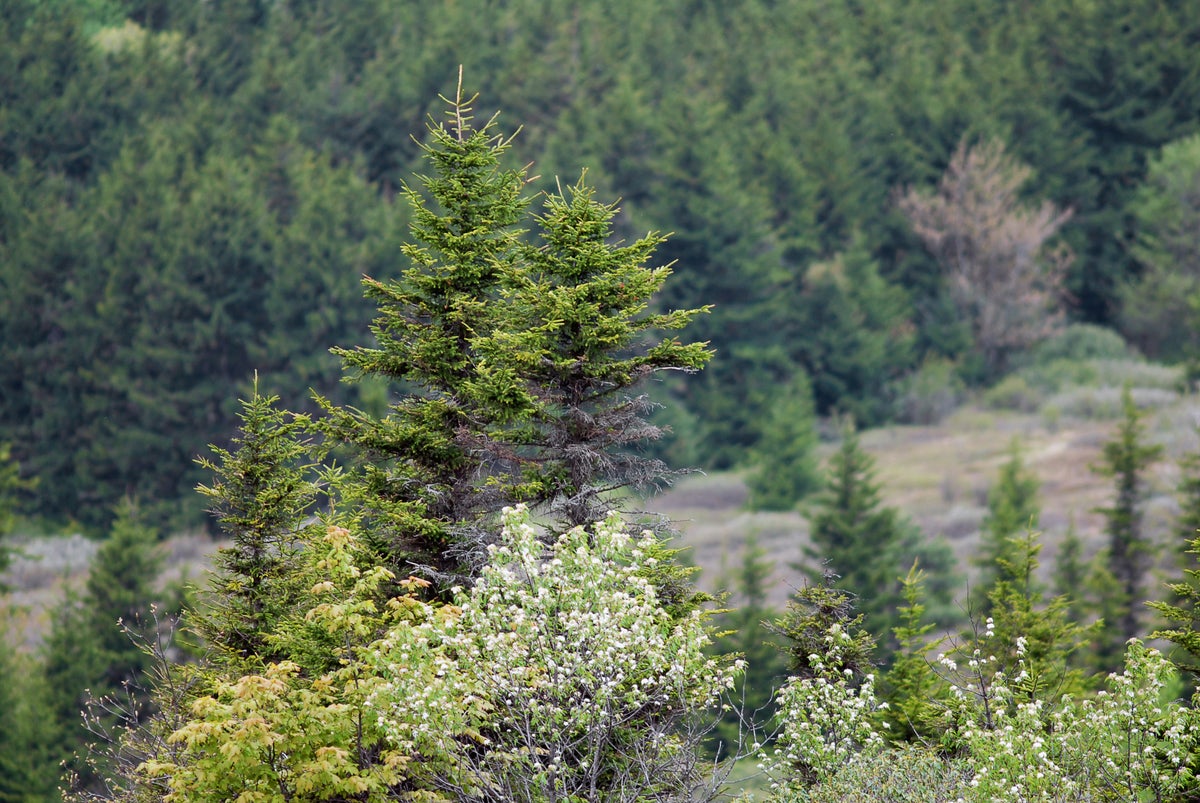If superconductors — materials that conduct electricity without any resistance — worked at temperatures and pressures close to what we would consider normal, they would be world-changing. They could dramatically amplify power grids, levitate high-speed trains and enable more affordable medical technologies. For more than a century, physicists have tinkered with different compounds and environmental… Continue reading Will Better Superconductors Transform the World?
Category: Quantum Stuff
Game Theory Can Make AI More Correct and Efficient
Imagine you had a friend who gave different answers to the same question, depending on how you asked it. “What’s the capital of Peru?” would get one answer, and “Is Lima the capital of Peru?” would get another. You’d probably be a little worried about your friend’s mental faculties, and you’d almost certainly find it… Continue reading Game Theory Can Make AI More Correct and Efficient
How Solar Eclipse Glasses Work and Why You Need a Pair
How Do Solar Eclipse Glasses Work? Solar eclipse glasses prevent catastrophic eye damage when observing the sun. Here’s how they work By Stephanie Pappas Solar eclipse glasses are a must when looking at a partial solar eclipse. This article is part of a special report on the total solar eclipse that will be visible from… Continue reading How Solar Eclipse Glasses Work and Why You Need a Pair
Males Aren’t Larger Than Females in Most Mammalian Species
Males Aren’t Larger Than Females in Most Mammalian Species A new study corrects a biased assumption promoted by Charles Darwin 150 years ago and repeated ever since By Rachel Nuwer In The Descent of Man, Charles Darwin posits that in most species of mammals, males are larger than females. Although Darwin did not cite evidence… Continue reading Males Aren’t Larger Than Females in Most Mammalian Species
Electric Vehicles Beat Gas Cars on Climate Emissions over Time
Electric Vehicles Beat Gas Cars on Climate Emissions over Time New research says building electric vehicles leaves a bigger carbon footprint than making gas-powered cars, though EVs make up the difference in the long run By Mike Lee & E&E News Traffic on the Golden Gate Bridge in San Francisco, California, US, on Thursday, June… Continue reading Electric Vehicles Beat Gas Cars on Climate Emissions over Time
Successful Reforestation Is Keeping the Eastern U.S. Cooler
Successful Reforestation Is Keeping the Eastern U.S. Cooler Parts of the southeastern and central U.S. haven’t warmed as much as the rest of the country. Reforestation could be partially responsible for this “warming hole” By Jude Coleman Dolly Sods Wilderness, now a protected part of the Monongahela National Forest in the Allegheny Mountains of West… Continue reading Successful Reforestation Is Keeping the Eastern U.S. Cooler
Why Children’s Medications Are Not Fully Tested
Mark Turnerhas worked in pediatrics for more than 30 years, and he’s tired of telling parents there’s nothing he can do for their children. Very few medicines are developed with young people in mind, he said. “It’s just very difficult, watching them be sick, watching babies die.” Turner is referring to the lack of research… Continue reading Why Children’s Medications Are Not Fully Tested
How ‘Idle’ Egg Cells Defend Their DNA From Damage
Having lots of mitochondria is normally risky for cells because their chemical activity generates toxic byproducts known as free radicals. But when Böke peered inside dormant human and frog oocytes, they weren’t overloaded with free radicals at all. As she reported in a Nature paper published in 2022, the oocytes’ mitochondria were doing something surprising:… Continue reading How ‘Idle’ Egg Cells Defend Their DNA From Damage
Strangely Curved Shapes Break 50-Year-Old Geometry Conjecture
In an old Indian parable, six blind men each touch a different part of an elephant. They disagree about what the elephant must look like: Is it smooth or rough? Is it like a snake (so thinks the man touching the trunk) or a fan (as the man touching the ear proposes)? If the blind… Continue reading Strangely Curved Shapes Break 50-Year-Old Geometry Conjecture
Vaccine-resistant Mothers Blame Bad Experiences in Health Care
The following essay is reprinted with permission from The Conversation, an online publication covering the latest research. Why would a mother reject safe, potentially lifesaving vaccines for her child? Popular writing on vaccine skepticism often denigrates white and middle-class mothers who reject some or all recommended vaccines as hysterical, misinformed, zealous or ignorant. Mainstream media… Continue reading Vaccine-resistant Mothers Blame Bad Experiences in Health Care





